International Coffee Day is observed around the world on the 1st of October to celebrate coffee, a beverage that humans have enjoyed and depended on for centuries, as well as to highlight the plight of coffee growers (especially small farmers and plantation workers).
Nowadays, with the rapidly increasing dependence on coffee (as it is often the primary means of caffeine consumption), it becomes necessary to monitor its production, supply, and how these factors affect the environment.
How Coffee Consumption Can be Non-Ethical?
With coffee production and consumption rapidly increasing, often large coffee chains source coffee from areas that grow their beans with no regard for the environment. In these coffee farms, sustainability is not given importance and farming is often done by clearing out large forest areas (or on hill slopes), which leads to large-scale soil erosion.
Other resources like water are used indiscriminately (although freshwater reserves are depleting quickly). Pesticides and insecticides are used to grow large amounts of the crop, offering no benefits to consumers drinking sub-standard coffee. Moreover, the supply chains often ensure that the coffee growers and roasters are minimally paid and exploited.
What is the Solution to this Problem?
These issues do not mean that you have to forsake your morning cuppa! Instead, look towards using more sustainable products. How is that possible? Most coffee suppliers list their supply chain details on their websites (especially due to increasing environmental and ethical concerns).
Visit your respective coffee supplier's website to verify such credentials. If they have shared proof of sourcing their coffee beans from small-local farms and upheld environmental conservation practices, then it is advisable to collaborate with such ethical brands. Sustainable production practices such as water conservation and having a bona fide reforestation program must be implemented throughout.
Verify the company-concerned supply chain and middlemen involvement. Confirm if the coffee farmers or roasters are directly compensated. This may take a little bit of effort, but is certainly worth knowing that your money is going to the hardworking farmers who supply your delicious beverage!
Chemical fertilizers, pesticides, and insecticides tend to severely harm the environment, as well as your health. Try to learn about organic coffee, or organically grown coffee beans – usually grown in compost pits, etc. Most ethical such as Brown Living ensure to list coffee as ‘organic’ for your benefit.
Other Ways you can Save the Environment while Drinking Coffee
A styrofoam cup and a plastic straw are highly convenient for your morning iced coffee on the go. However, do keep in mind that plastic pollution is one of the biggest causes of environmental pollution.
Most often, cafes or coffee shops allow you to carry your cup. If not, use cups made of recyclable material. It reduces your carbon footprint significantly and encourages others to do the same. Try to avoid plastic straws, use of excess tissue paper, plastic lids for your cup, etc. if you do not need it. These things often make for aesthetic pictures but end up being significant contributors to pollution.
The Best Way You Can Save the Planet
Honestly, the best way you can contribute to saving the planet in this aspect is to take five minutes out and make your coffee yourself. Seek assistance from platforms such as Brown Living that source coffee ethically.
Be sure to use your utensils – and create a cup just as you like it! It cuts back on plastic waste and precious natural resources used in bulk to maintain coffee shops. If you can, try out environmentally friendly alternatives to cow milk – such as oat milk or almond milk but of course, it’s a personal preference at the end of the day.
Final Overview
This World Coffee Day, as you celebrate your love for coffee, uphold your responsibility to conserve the planet and its resources by turning to brands that ethically source coffee, make changes to include sustainable habits, and cut back on superfluous consumption, while you enjoy the timeless beverage!
Ensure to review the Brown Living website to purchase premium quality organic coffee and relevant accessories to celebrate International Coffee Day sustainably.









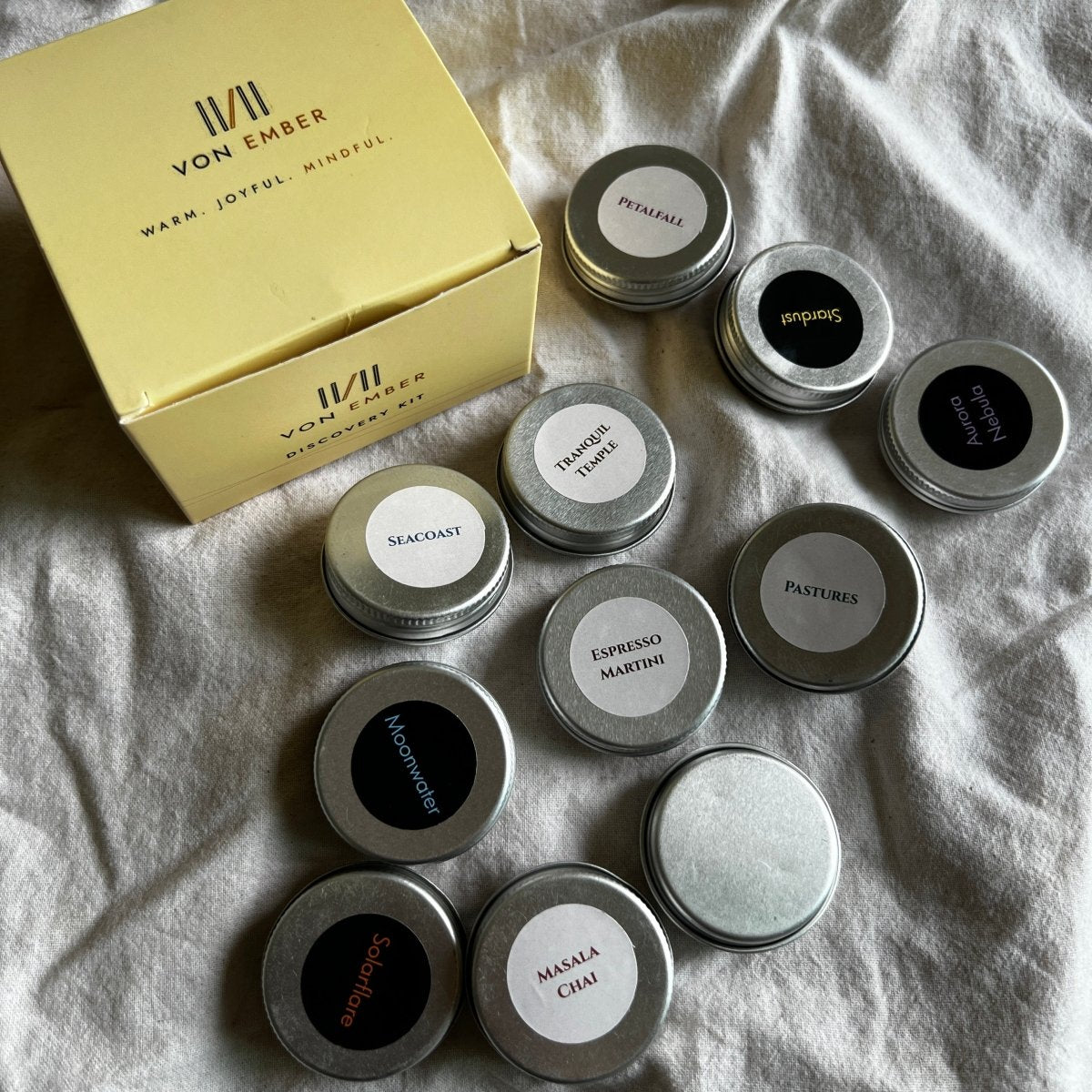
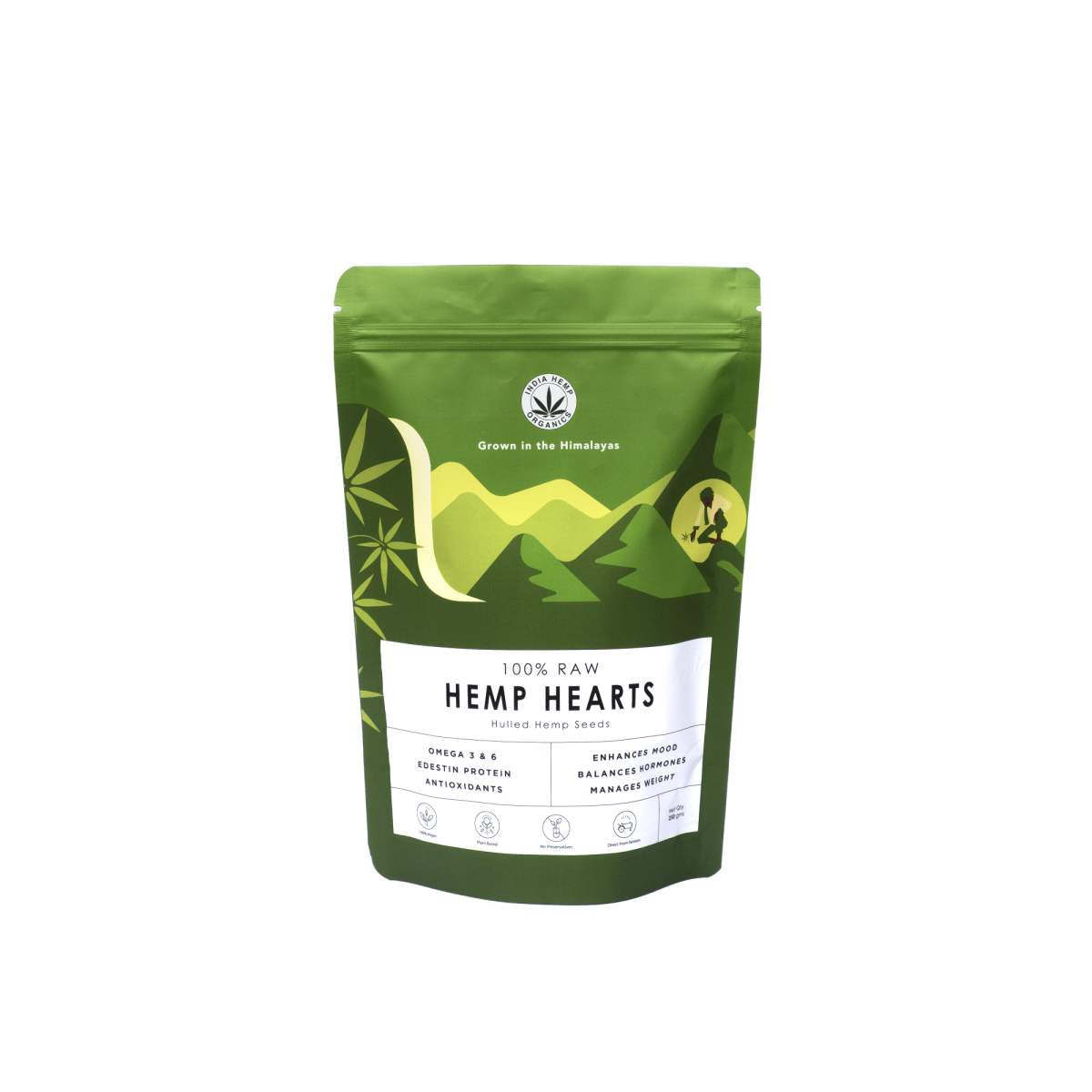
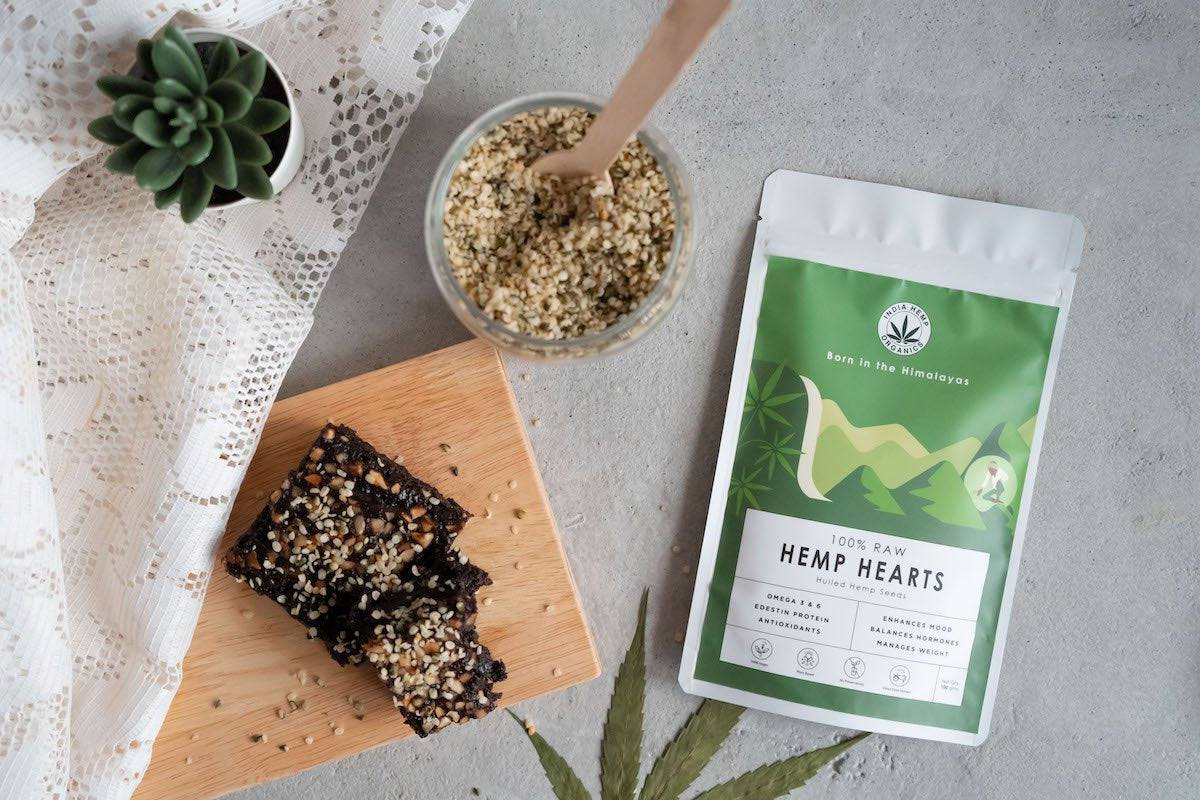
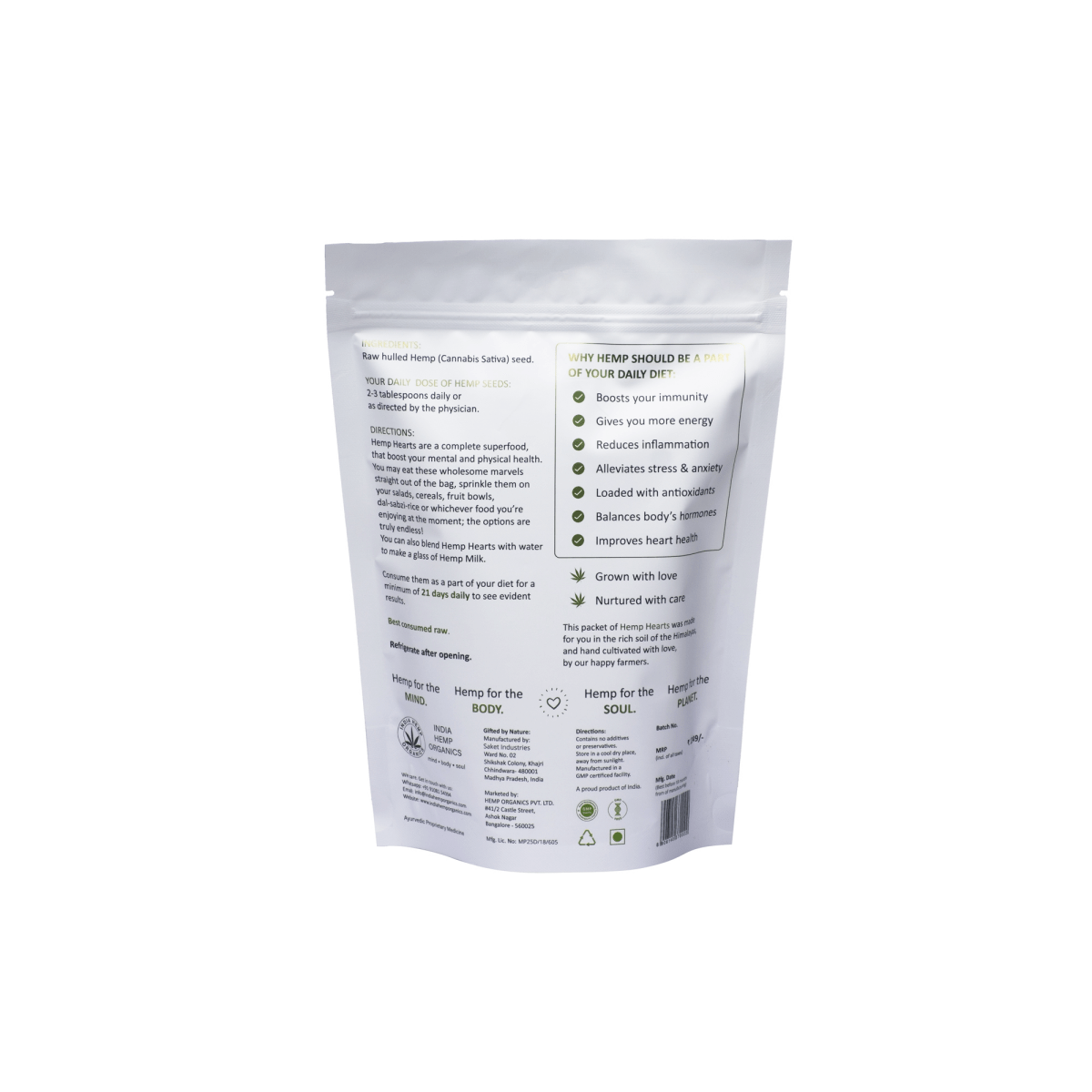





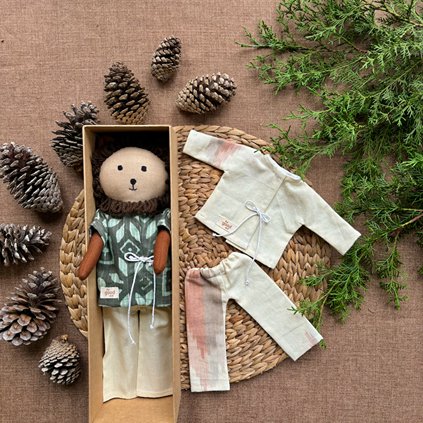


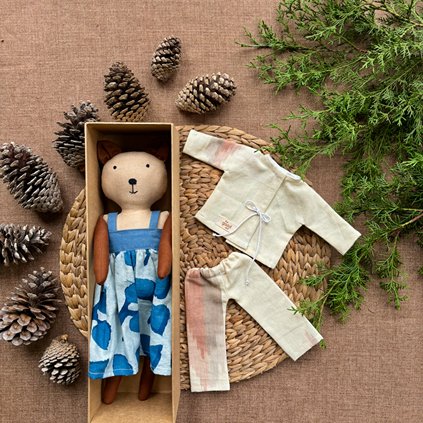




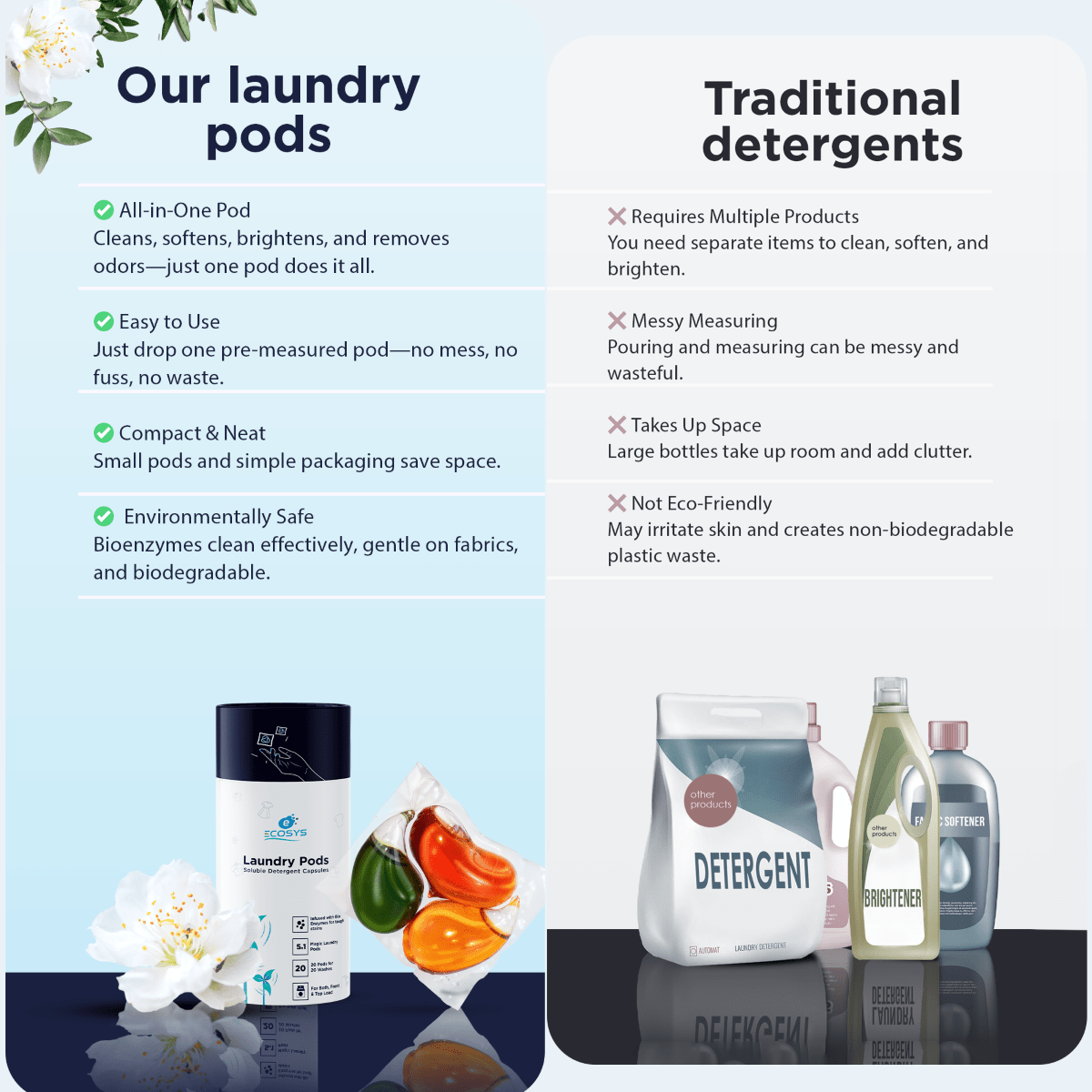



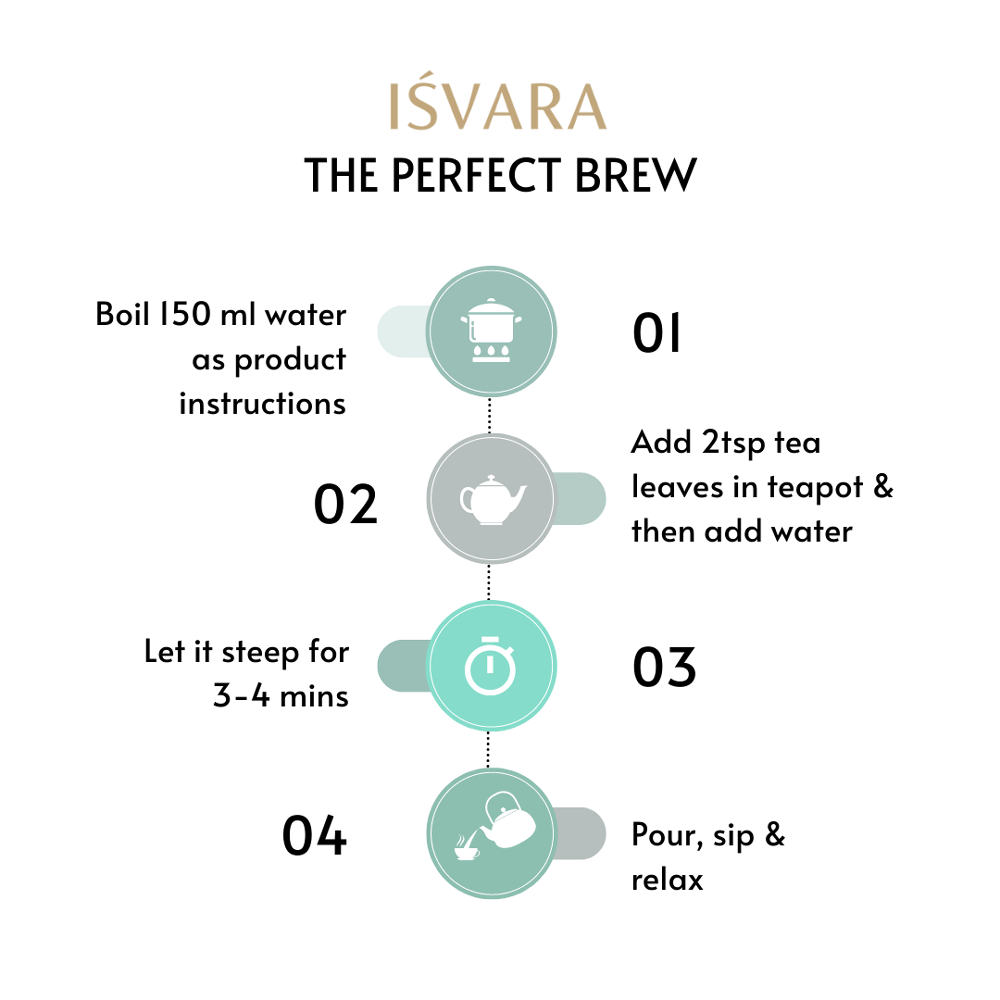



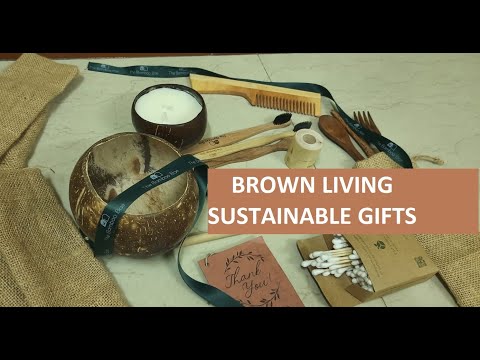




Share:
The Health Benefits of Coffee: Myth vs. Reality
The Health Benefits of Coffee: Myth vs. Reality